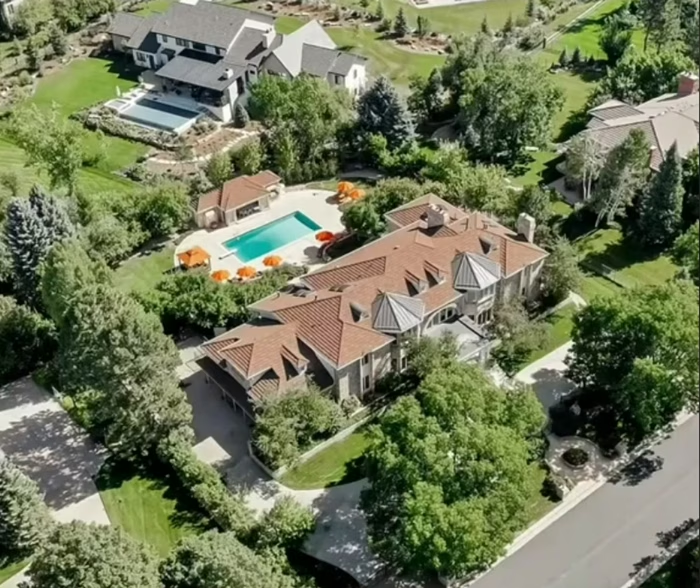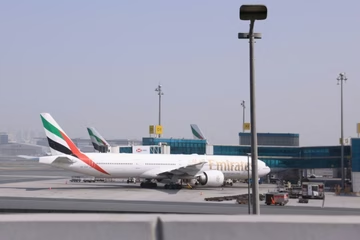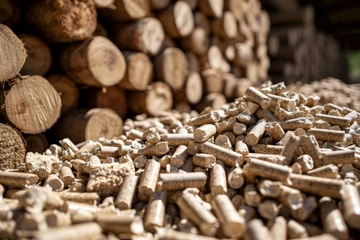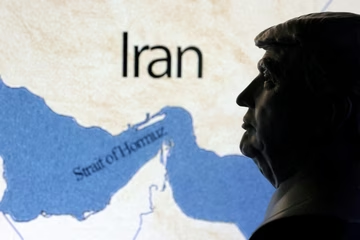
Over 5,000 persons die in Bosnia and Herzegovina as a result of air pollution, non-governmental organisations said Wednesday in a press conference, presenting solutions that might reduce the pollution problem that the country is facing.
Raising the awareness about this problem and the adequate reaction of competent institutions are crucial in protecting the health of citizens from this issue, said representatives of the Heinrich Boll Foundation. EkoAkcija and the Regional Education and Information Centre (REIC).
“We would like to say that these don't have to be long-term measures and that what matters the most is the political will, meaning that there is a series of measure that can be applied to reduce the air pollution,” according to Jasminka Bjelovac of the Heinrich Boll Foundation.
“Different data available online show that Bosnia spends up to 20 percent of its GDP Bosnia on the consequences of such air quality. Those are the days when we don't go to work, when children don't go to school, when we increasingly use healthcare services, like we do in this period. That's a huge sum of money, 20 percent of 18 million Euro, which was Bosnia's GDP for the last year,” she added.
Over the past weeks Sarajevo ranked among the top cities in the world in the air pollution, which is the situation that repeats every winter when citizens increase the use of various heating systems which combined with weather conditions result in severe air pollution.
Azmir Husika presented the REIC's policy brief 'Priority measures to improve the air quality in Sarajevo Canton' saying that the study focused on the measures that differ from usual practices.
According to him, the experts who contributed to the study warned that the heating and traffic sectors are the biggest air polluters in Sarajevo Canton but that the lack of political will also contribute to the problem.
“It is interesting to say that most of the experts believe that there is no adequate short-term measure. Of course, not all of them share this opinion but think that some measures can give good results in the short run, such as removing old cars from traffic, emission control in households... The experts put emphasis on the long-term measures, while not underestimating the short-term measures, and this refers to modernisation of vehicle fleet and the energy efficiency measures, primarily in the building sector, and what needs to be emphasised is the spatial planning, which in the long run gives the best results,” he said.
“We advocate for a full ban on the use of coal in households for heating purposes on the Canton's territory. That doesn't mean a problem to the coal sector, because they will still be able to burn the coal in coal-fired power plants but not in boilers,” he added.
Other measures include incentives for energy efficiency in the building sector, expanding the system of remote heating by the use of modern technologies, recovering vehicle fleets, etc., said Husika.
Eco-activist Anis Podic believes that a solution towards the reduction of small, solid fuel furnaces does exist, it is simple and does not cost a lot.
“The whole problem is facing a similar problem. The European Union has it, China has it, the United States has it, but the only difference is that they are solving it and we're completely ignoring it,” he stressed adding that the most cost-effective measure for Bosnia and Herzegovina would be in the replacement of bad heating systems with good ones.
“We must change regulations, standards and strengthen the institutions,” he said.
Kakvo je tvoje mišljenje o ovome?
Učestvuj u diskusiji ili pročitaj komentare





 Srbija
Srbija
 Hrvatska
Hrvatska
 Slovenija
Slovenija



























































